Customer success story

Board allows us to consolidate in a split-second. Yes, consolidation can happen for 48 manufacturing plants and 85 warehouses with one click!Read more
Customer success story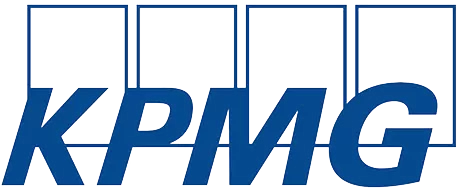

We needed a planning system which integrates all planning processes. We needed a future-oriented planning system. We needed Board.Read more
Customer success story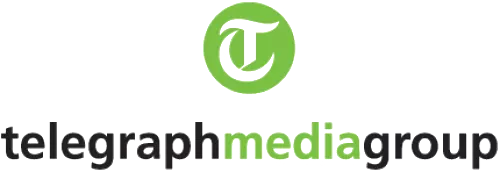

I use Board on a regular basis to see how we are tracking against our forecast and our budget and use that data to make decisions about resource planning, upcoming projects, and advertising focus for the coming year.Read more
Board Customer Success Stories
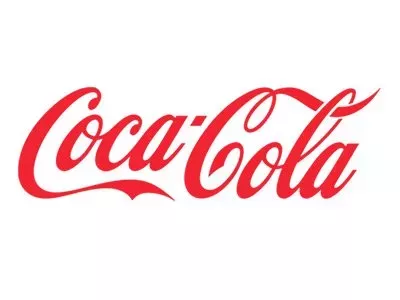
Integrated Corporate Planning at Coca-Cola Europacific Partners
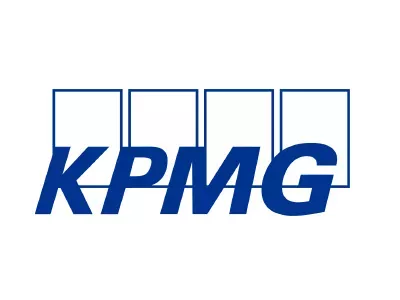
Digital Finance Transformation at KPMG Germany

Streamlined sales and promotion planning at Haleon Italy
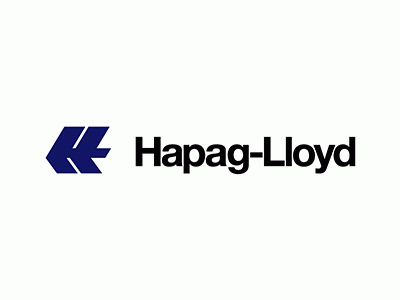
Integrated Financial and Operational Planning at Hapag-Lloyd

Intelligent Planning at Volkswagen Mexico

How SWIM USA Competes with Real-time Merchandise Planning
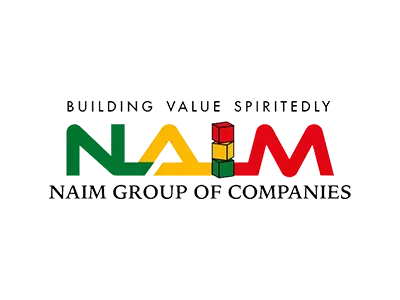
Consolidated and automated processes across sales, operations, and HR save time and increase efficiency at Naim Holdings Berhad

Resource Management & Cost Analysis at MLB Network
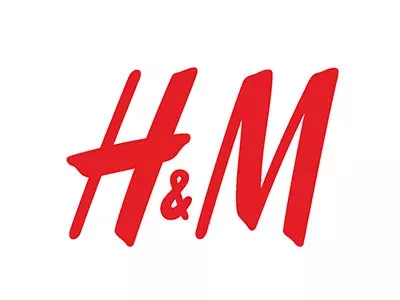
H&M
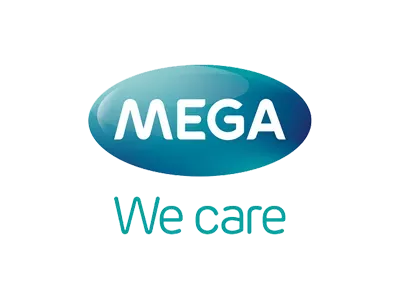
Marketing Planning and Analysis at Mega Lifesciences
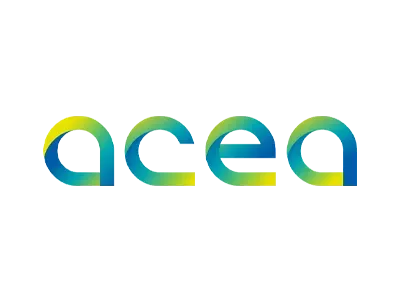
Procurement Planning Transformation at Acea

Enterprise Performance Management at Groupe SEB

Moving to EPM and reporting excellence at Å Energi Group
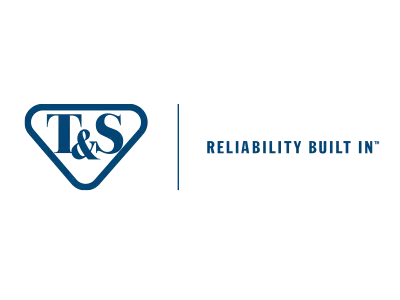
Cross-departmental transformation at T&S Brass and Bronze
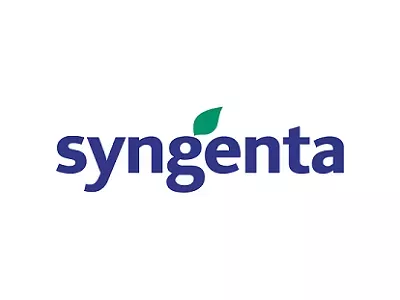
Unified S&OP, Cost Planning, and Sales Analysis at Syngenta

How Velcro Companies Brings its Global Business Together
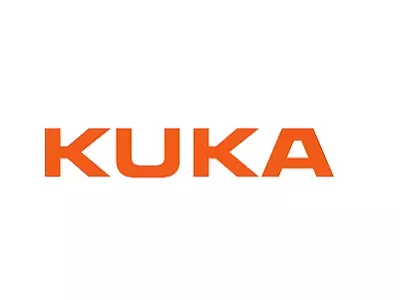
Integrated Sales & Operations Planning at KUKA
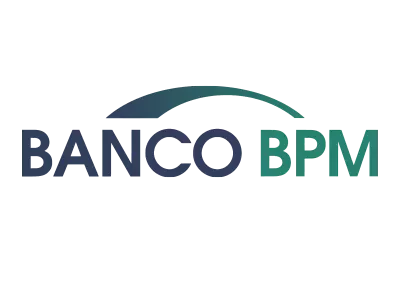
Commercial Budgeting, Management Control, and Segment Reporting at Banco BPM

Financial Reporting and Forecasting Transformation at Odido (formerly T-Mobile)
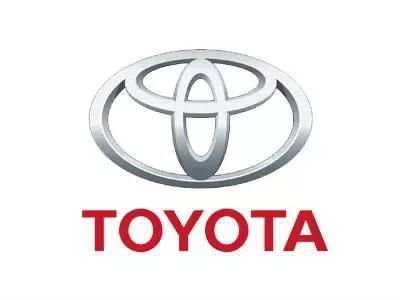
Pan-European Planning and Reporting at Toyota Motor Europe
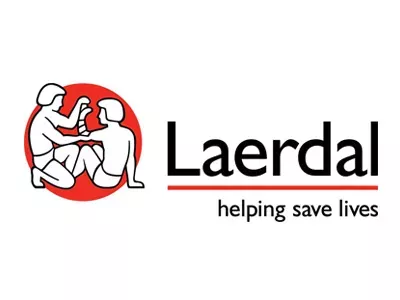
Automating the Office of Finance at Laerdal

Intelligent Planning at Mitsubishi Electric
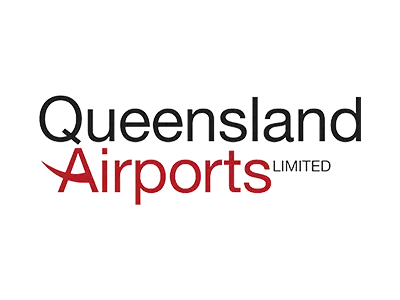
Enhancing FP&A and financial consolidation at Queensland Airports Limited
